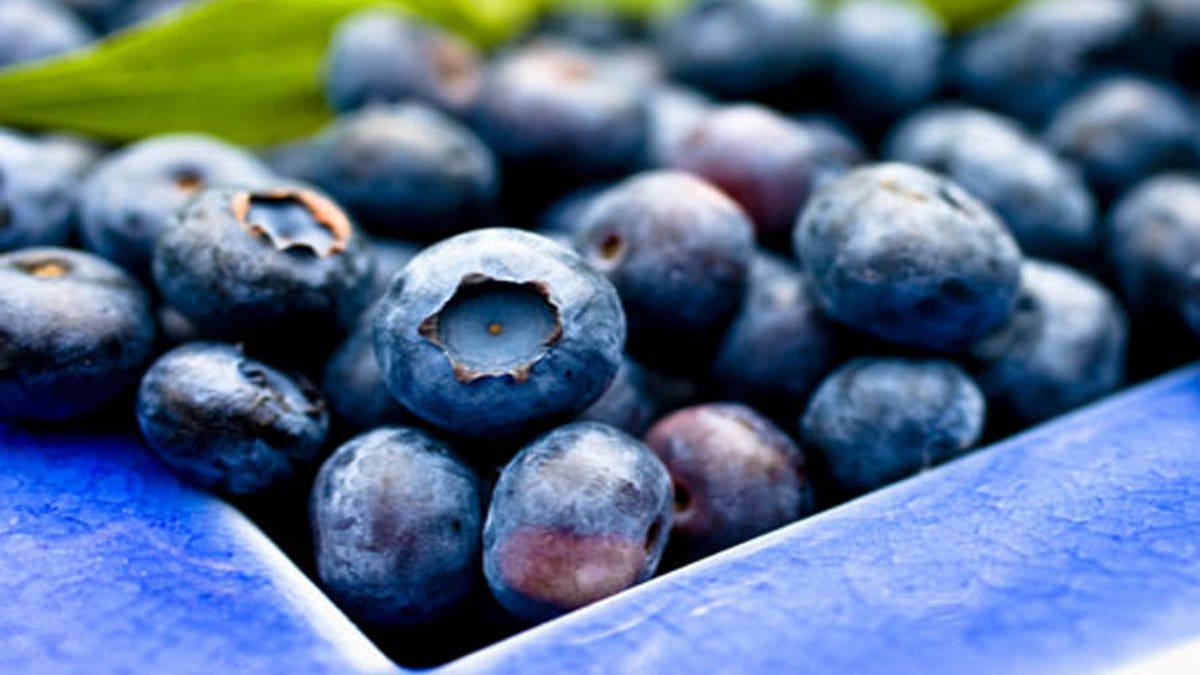
(iStock)
You’ve probably heard the term “superfood” tossed around without much reference to what it actually means. To put it simply, a superfood is any nutrient-rich food item considered extremely beneficial for health and well-being, going above and beyond regular health foods.
While some notable superfoods like acai or pomegranate are too expensive to eat all the time, others are very affordable. Here are six superfoods you can easily work into your diet without breaking the bank.
READ MORE: Eating Healthy on a Budget
Beans
Most people don’t get enough fiber in their diets. If you’re looking to remedy that, beans are hard to beat for the price. Beans are also high in protein and in a variety of vitamins and minerals. Since you can buy them for about a buck a pound, they easily make the list of cheapest superfoods.
Since the high fiber and protein content of beans helps you feel fuller longer, they are a great staple for those looking to lose weight. And canning doesn’t destroy or alter the nutritional content of beans—unlike with some foods—so there’s no harm in choosing convenient canned varieties over those you have to soak and cook.
READ MORE: How to Squeeze in More Vegetables Every Day
Blueberries
These small berries are a great source of antioxidants, including vitamin C and polyphenols, which may help prevent heart disease. Blueberries are also a great source of vitamin K and manganese, both of which are important for healthy bones.
Though blueberries are a seasonal food and prices are higher during the winter and spring, the frozen versions are just as healthy and prices are usually stable. For a healthy snack, thaw some frozen blueberries in a bowl for 5 to 10 minutes, then mash them up and eat with a spoon.
READ MORE: The Cheapest Superfoods—Interactive Graphic
Russet Potatoes
Potatoes tend to get a bad rap these days, but it’s undeserved. It’s not that potatoes that are unhealthy—it’s the toppings we pile on, or, alternatively, the way we cook them in oil that makes them unhealthy. Even if you’re worried about the carbs in a plain baked potato, you can still have a small spud every so often.
That’s because russet potatoes are just about the cheapest source of potassium you’ll find, and potassium is absolutely essential for proper bodily function. Potassium deficiency is among the most common nutrient deficiencies, so if your carb count is a little high one day, it’s still a good tradeoff.
Fatty Fish
Fish is expensive, and for some families prohibitively so. While fresh fish is always preferable, frozen and canned varieties are better than no fish at all, especially when it comes to fatty types, like salmon. That’s because the healthy fats found in fish, omega-3 fatty acids, are so beneficial that you should strive to consume them as often as you can afford. If that means bulk frozen or canned salmon, so be it.
Those healthy fats are great for your heart and brain, and studies have shown they help slow memory loss and skin aging. Omega-3s may also help prevent stroke and reduce the damage done by autoimmune diseases such as lupus and rheumatoid arthritis. If you don’t like fish, that’s OK—fish oil supplements work too. For vegetarians, there are also fish-friendly supplements on the market.
READ MORE: Easy, Healthy Vegetarian Recipes that Won’t Break the Bank
Soy Nuts
For your money, soy nuts are probably the cheapest source of edible protein available. When bought in bulk, they’re about $4-$7 per pound, and offer 11 grams of protein per 1-oz. serving—that’s about 20 percent of your daily requirement. They’re also high in manganese and B vitamins. You can eat soy nuts by the handful or sub them in for any nut in your existing recipes to add protein value to a meal.
Fortified Cereal
You didn’t think a superfood could come in a box, did you? Well, some cereals are making the list for being the absolute cheapest way to get your iron and calcium. These two nutrients, which are especially important for women, are essential for healthy bones, muscles and blood. Check labels when browsing the cereal aisle for options that have 100 percent of your recommended daily intake of these minerals and others, but most have “100” right in the name on the box.
Lacie Glover writes for NerdWallet Health, a website that helps people reduce their medical bills.
